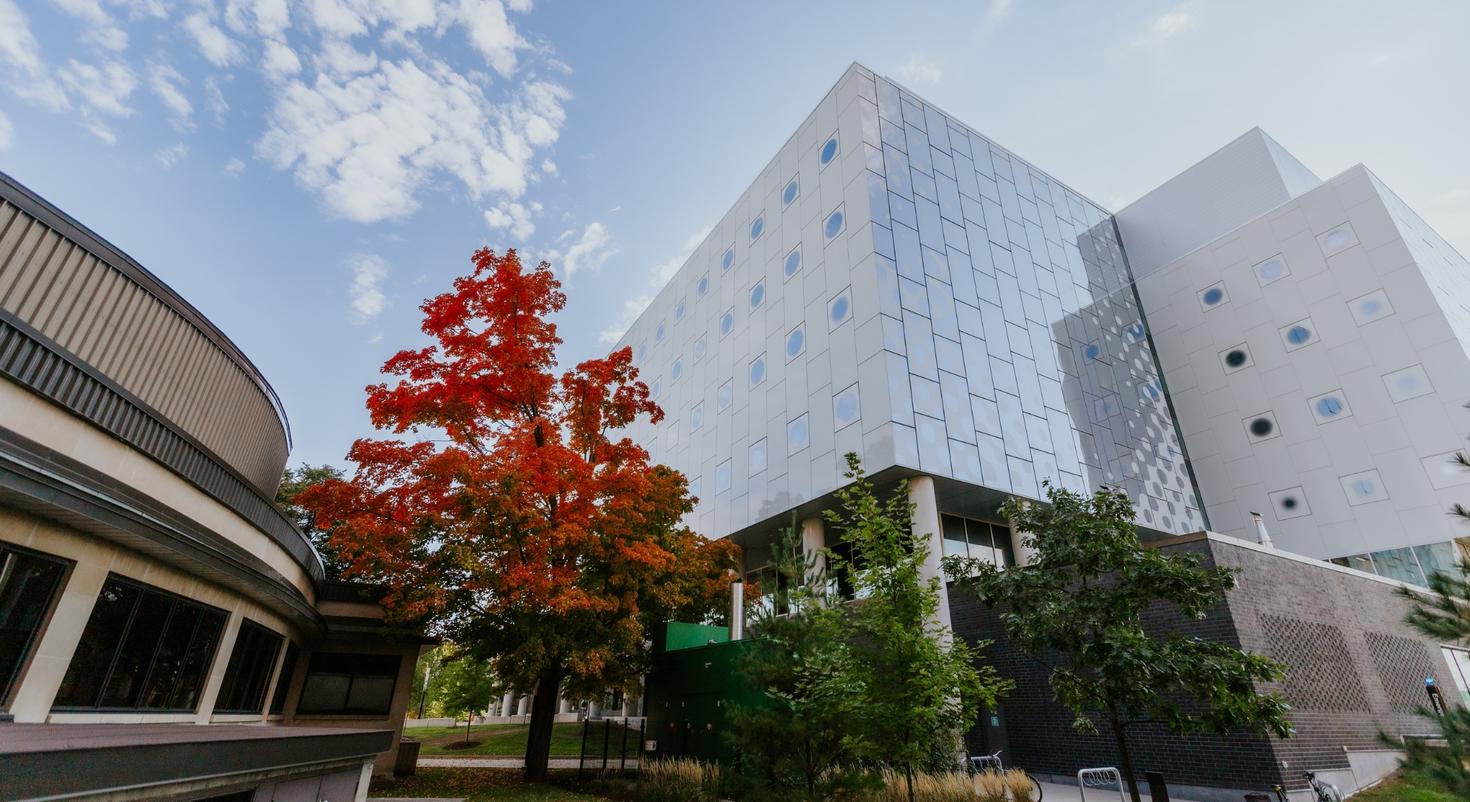The Best Thesis Awards are presented annually to a master’s student and a doctorate student whose thesis exemplifies research excellence and innovation.
Jordan Nhan: Best Master’s Thesis Award 2023
Master of Chemical Engineering student Jordan Nhan received the award for his thesis titled Development of Inorganic Polyphosphate-Based Nanoparticles for Drug Delivery into Articular Cartilage, supervised by Professor Jean-Philippe St-Pierre.
Nhan’s research focuses on the delivery of drug treatments for degenerative joint diseases like osteoarthritis. He aims to develop particles to act as carriers for drugs to improve the delivery of these therapeutics to the joint. This treatment approach could offer longer lasting effects, thus improving patient outcomes and quality of life.
Nhan says that he has “always been interested in applying engineering principles to tackle biomedical problems” and that “it feels very rewarding to be able to work towards improving treatment options for chronic diseases like osteoarthritis, which affects millions of Canadians.”

Hao Zhou: Best PhD Thesis Award 2023
Hao Zhou, PhD student in Electrical and Computer Engineering, supervised by Professor Melike Erol-Kantarci, received the award for his thesis ML-Based Optimization of Large-Scale Systems: Case Study in Smart Microgrids and 5G RAN.
Zhou’s study focuses on developing novel machine learning algorithms to optimize real-world systems, including 5G networks and smart microgrids. His work uses AI to assist human decision-making in complex environments with the goal of reducing energy costs and response time.
Zhou explains that “these complicated real-world systems usually require dedicated decision-making in extremely complex environments with high uncertainty, which motivates us to seek more efficient and intelligent approaches.” By using AI, Zhou is hoping to improve the reliability and efficiency of these systems.

Congratulations to Jordan Nhan and Hao Zhou on their well-deserved Best Thesis Awards. These two students have made outstanding contributions in their respective fields and exemplify the important research conducted at the Faculty of Engineering.
